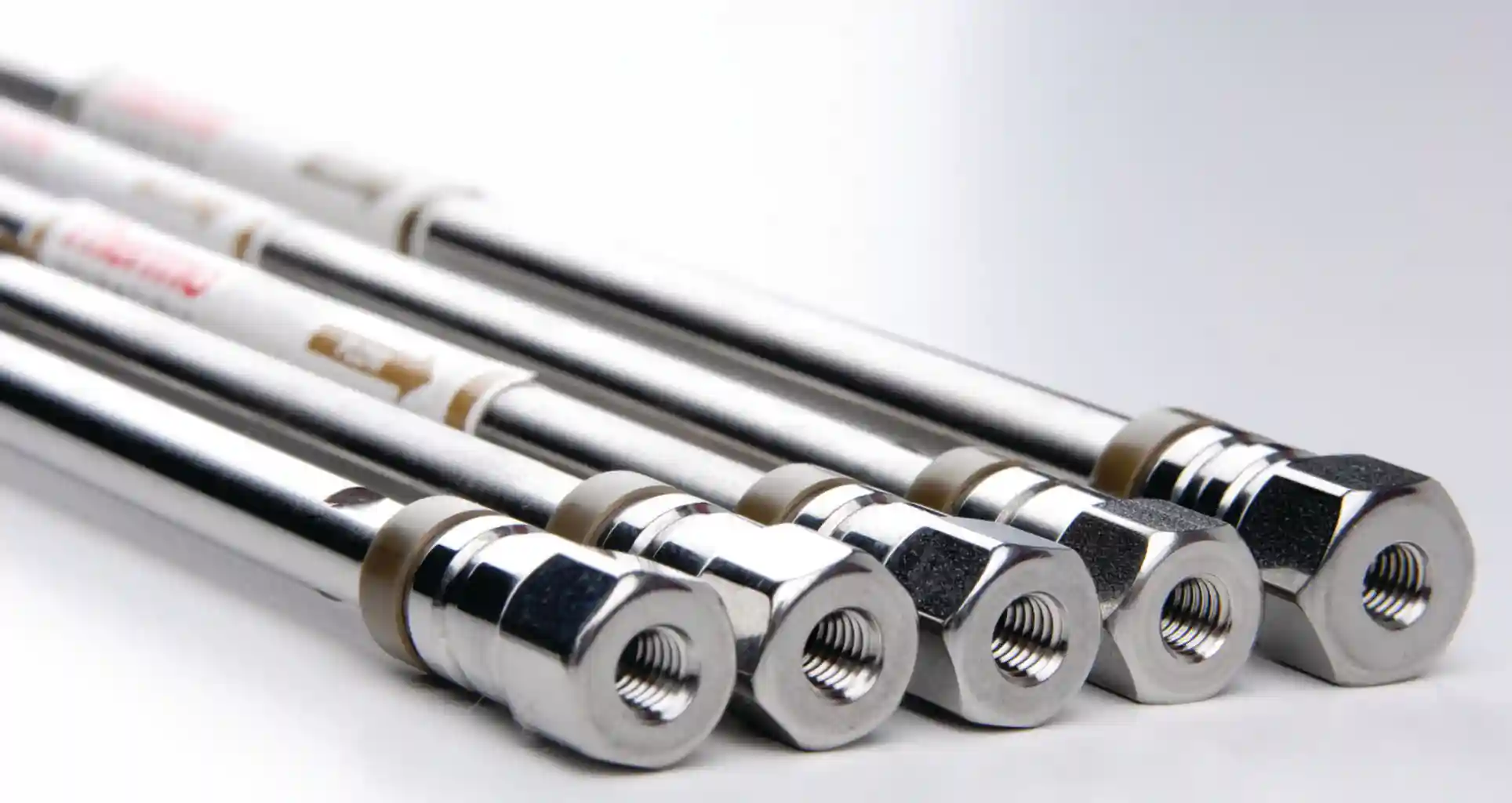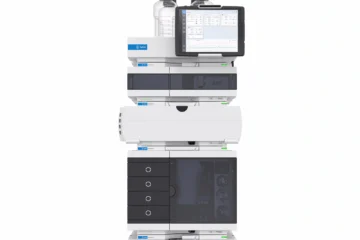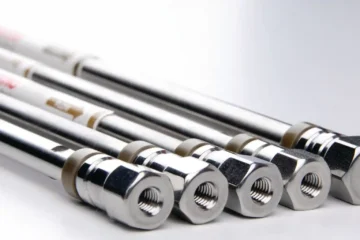High-Performance Liquid Chromatography (HPLC) is a vital technique in analytical chemistry, widely used in laboratories for the separation, identification, and quantification of components in a mixture. The efficiency of HPLC largely depends on the quality and condition of the chromatographic columns used. Proper storage and handling of these columns are essential to maintain their performance and extend their lifespan. In this article, we will explore best practices for column storage and handling to ensure optimal results in your HPLC applications.
Understanding HPLC Columns
Before diving into best practices, it’s essential to understand the different types of HPLC columns and their significance. HPLC columns come in various dimensions and packing materials, including silica-based and polymeric materials. The choice of column affects the separation efficiency, resolution, and overall analysis time. Therefore, maintaining the integrity of these columns is crucial for reliable and reproducible results.
Key Considerations for Column Storage
- Temperature Control
- Ideal Storage Conditions: HPLC columns should be stored in a controlled environment, typically at room temperature (around 20–25°C). Extreme temperatures can alter the physical properties of the packing material, leading to decreased efficiency.
- Avoiding Temperature Fluctuations: Consistent temperatures are important. Avoid storing columns near heat sources, such as radiators or direct sunlight, which can lead to thermal degradation.
- Humidity Control
- Moisture Protection: High humidity can lead to the degradation of some column materials, particularly those containing organic solvents. Use a desiccator or moisture-proof bags with silica gel to keep the columns dry.
- Air Tight Containers: Store columns in air-tight containers when not in use to prevent moisture absorption, especially if they are not packed with solvents.
- Light Protection
- UV Exposure: Some column materials can be sensitive to ultraviolet (UV) light, which may degrade them over time. Store columns in dark containers or in a darkened area to minimize light exposure.
- Orientation and Positioning
- Vertical Storage: Store HPLC columns vertically to prevent sedimentation of packing material. This orientation helps maintain the integrity of the column packing.
- Secure Placement: Ensure that columns are securely placed to avoid accidental falls or damage.

Handling HPLC Columns
Proper handling is just as important as storage. Mishandling can lead to physical damage, contamination, or performance issues.
- Use Proper Tools
- Column Wrenches: Always use the appropriate column wrench or tool for connecting and disconnecting columns. This prevents overtightening and potential damage to fittings.
- Gloves: Wear gloves when handling columns to avoid contamination from oils or residues on your hands.
- Avoid Contamination
- Clean Environment: Work in a clean environment to minimize the risk of particulate contamination. Use lint-free wipes to clean any exposed areas before connecting columns.
- Solvent Quality: Use high-purity solvents and mobile phases. Impurities can lead to column fouling and decrease performance.
- Connection Procedures
- Proper Fitting: Ensure that connections are properly fitted without excessive force. Loose connections can lead to leaks, while overtightening can damage the column.
- Backflush Protection: If applicable, install backflush valves to prevent contaminants from entering the column during maintenance or when not in use.
Regular Maintenance
Regular maintenance is vital for extending the lifespan and performance of HPLC columns.
- Column Conditioning
- Pre-Use Conditioning: Before using a new or stored column, condition it with the mobile phase. This process allows the packing material to equilibrate, ensuring optimal separation performance.
- Post-Use Washing: After each use, flush the column with an appropriate solvent to remove any residual sample components. This step helps prevent column fouling.
- Monitoring Performance
- Regular Checks: Monitor the column’s performance through system suitability tests, including checks for retention time, resolution, and peak shape. Any deviations may indicate the need for maintenance or replacement.
- Documentation: Keep a detailed log of column usage, including date of use, types of samples analyzed, and cleaning protocols. This record can help identify trends in performance degradation.
- Replacing Columns
- Signs of Degradation: Look for signs of column degradation, such as increased backpressure, decreased resolution, or abnormal peak shapes. Regularly assess performance and replace columns as needed to maintain high-quality results.
- Manufacturer Guidelines: Follow the manufacturer’s recommendations for column lifespan and replacement schedules, as different types of columns have varying durability.
Disposal of Columns
When a column reaches the end of its useful life, it’s essential to dispose of it properly.
- Hazardous Waste Considerations
- Check Regulations: Consult local regulations regarding the disposal of hazardous waste. Many columns may contain materials that require special handling.
- Manufacturer Guidance: Follow any specific disposal instructions provided by the column manufacturer.
- Environmental Responsibility
- Recycling: Some manufacturers offer recycling programs for used columns. Check if such programs are available and participate to minimize environmental impact.
Maintaining the integrity of HPLC columns is paramount for achieving reliable and reproducible analytical results. By adhering to best practices in storage and handling, you can extend the lifespan of your columns and ensure their optimal performance. Remember that each column type may have specific requirements, so always refer to manufacturer guidelines for the best results. With proper care, your HPLC columns will serve you well, providing accurate and consistent data for your analytical needs.
Investing time and resources into proper column storage and handling not only enhances your laboratory’s efficiency but also contributes to the overall success of your HPLC applications. At HPLC Professionals, we emphasize the importance of these practices and are committed to helping you achieve the best results in your chromatographic analyses.




